Leukopenia From Cancer Or Chemotherapy Treatment Increases An Individual's Risk For
Leukopenia from cancer or chemotherapy treatment increases an individual's risk for. Symptoms associated with leukopenia can include. Managing Leukopenia Neutropenia. Infections fatigue fever enlarged spleen or liver pneumonia anemia headaches and others.
The list below includes the most-studied known or suspected risk factors for cancer. However long-term ALL survivors embattle several treatment-related medical and socio-economic complications due to excessive and inordinate chemotherapy doses received during treatment. Leukopenia is usually asymptomatic doesnt cause symptoms but it raises the risk for getting other infections and viruses.
The presenting feature of Leukopenia is frequent episodes of gingivitis or periodontitis. In this work we present a model-based approach to personalize 6-Mercaptopurine 6-MP treatment for childhood ALL with a provision for incorporating the pharmacogenomic variations. This is because they do not have enough neutrophils to.
ID 18667349944 Leukopenia from cancer or chemotherapy treatment increases an from NURSING 502 at Florida Gateway College. It is a common side effect in people with leukemia. People with DC are at increased risk for progressive bone marrow failure BMF myelodysplastic syndrome MDS or acute myelogenous leukemia AML solid tumors usually squamous cell carcinoma of the headneck or anogenital cancer and pulmonary fibrosis.
People who have neutropenia have a higher risk of getting serious infections. Patients who received systemic chemotherapy prior to CRS and HIPEC and had a history of chemotherapy-associated leukopenia are at greater risk for further episodes of leukopenia. Half of people with cancer who are receiving chemotherapy have some level of neutropenia.
These cells are the bodys main defense against infection. This is the main reason why some authors recommend a dose. Leukopenia can be a potentially serious condition if not given prompt attention and treatment as excessively low white blood cell count can make an individual prone to frequent infections.
This study shows that the combination therapy of ZA and TAX increases the risk of ONJ and that tooth extraction and leukopenia induced by TAX are the risk factors. Leukopenia from cancer or chemotherapy treatment increases an individuals risk from NURSING NURS5104G0 at Rutgers University Newark.
The classic triad may not be present in all individuals.
ID 18667349944 Leukopenia from cancer or chemotherapy treatment increases an from NURSING 502 at Florida Gateway College. The presenting feature of Leukopenia is frequent episodes of gingivitis or periodontitis. Leukopenia can be a potentially serious condition if not given prompt attention and treatment as excessively low white blood cell count can make an individual prone to frequent infections. Although some of these risk factors can be avoided otherssuch as growing oldercannot. The classic triad may not be present in all individuals. Leukopenia from cancer or chemotherapy treatment increases an individuals risk from NURSING NURS5104G0 at Rutgers University Newark. Managing Leukopenia Neutropenia. Leukopenia may be particularly dangerous for patients with cancer those undergoing chemotherapy or radiation therapy those with HIVAIDS or any other patient with a compromised immune system. These cells are the bodys main defense against infection.
Treatment for leukopenia varies depending on the underlying cause. Although some of these risk factors can be avoided otherssuch as growing oldercannot. Limiting your exposure to avoidable risk factors may lower your risk of developing certain cancers. Although G-CSF is widely used to prevent or ameliorate leukopenia during cytotoxic chemotherapies its optimal use is still under debate and depends on many therapy parameters such as dosing and timing of cytotoxic drugs and G-CSF G-CSF pharmaceuticals used and individual risk factors of patients. However long-term ALL survivors embattle several treatment-related medical and socio-economic complications due to excessive and inordinate chemotherapy doses received during treatment. Certain cancer patients who are undergoing chemotherapy are also vulnerable to develop Leukopenia. Little is known about the consequences of this combination therapy with regard to osteonecrosis of the jaw ONJ.
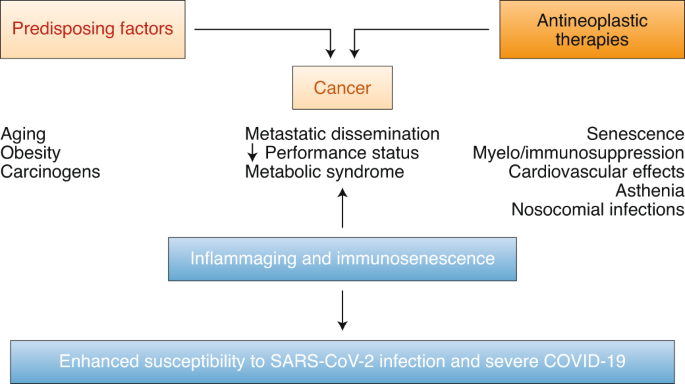

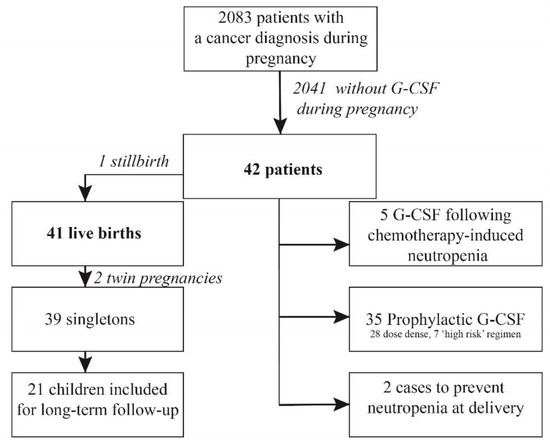
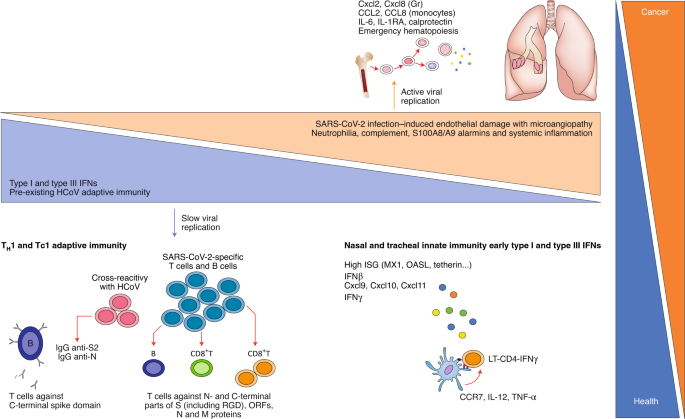


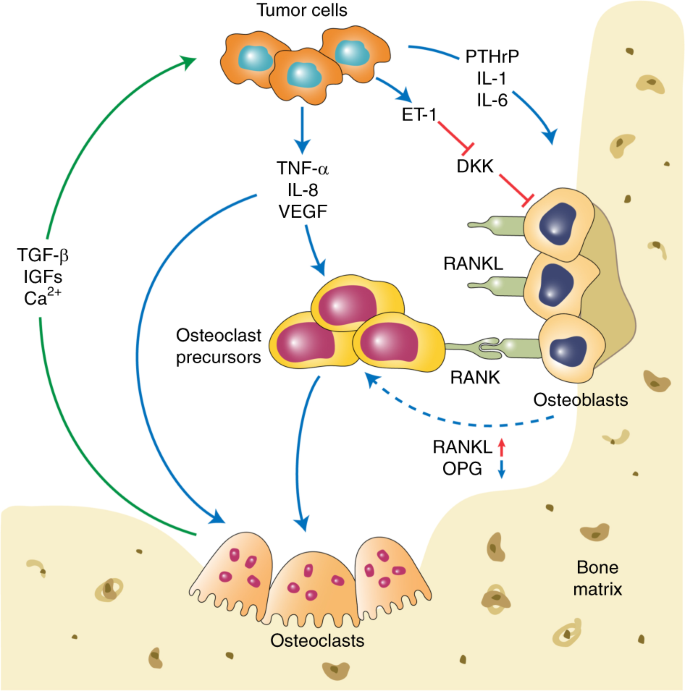

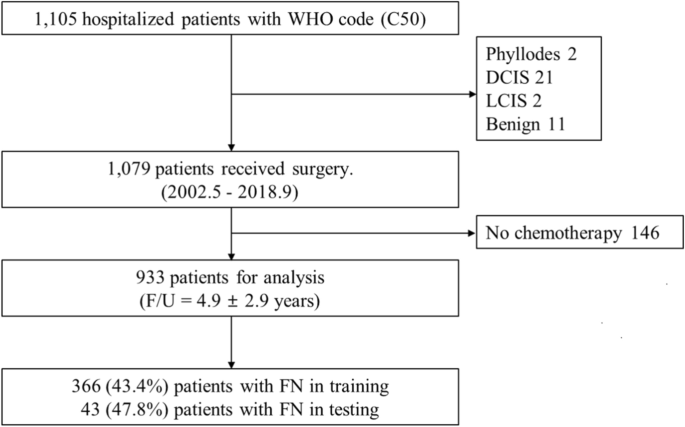
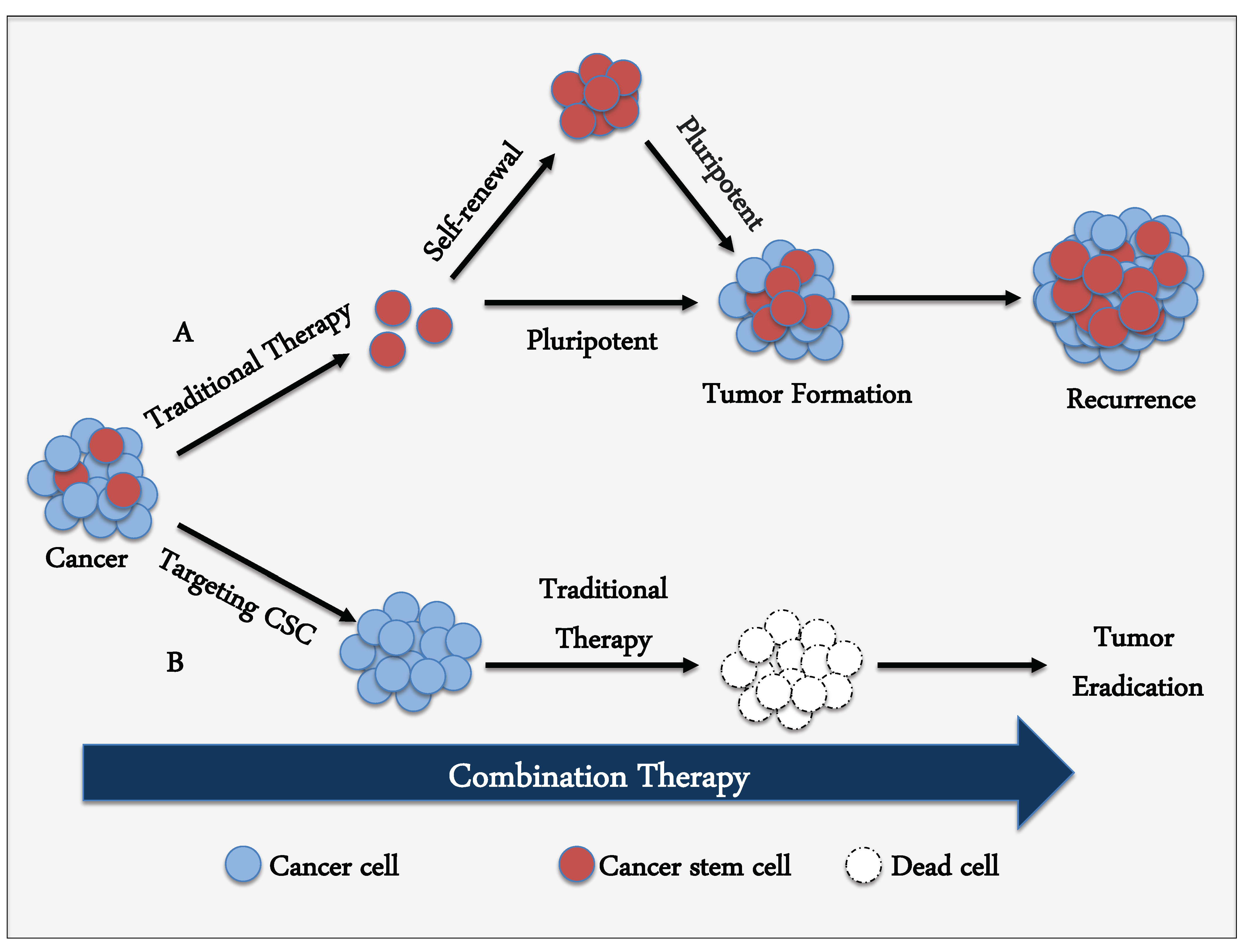

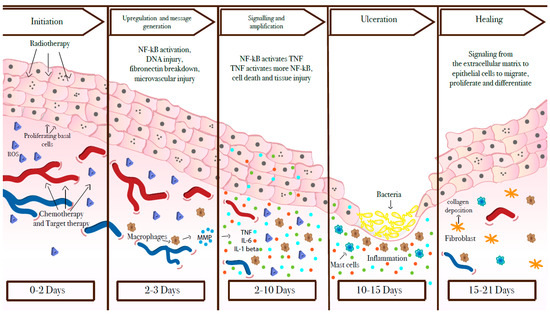







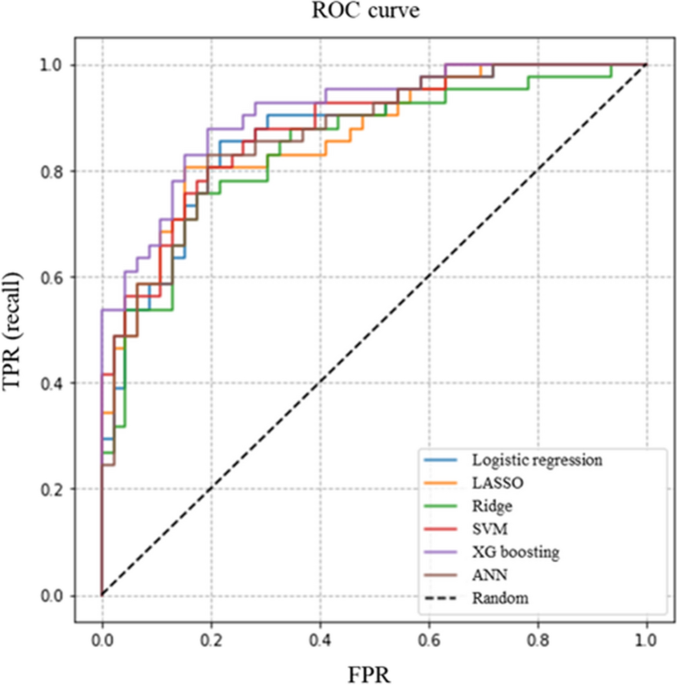

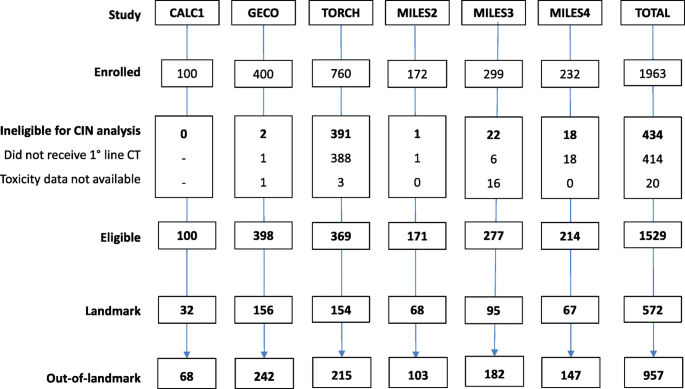

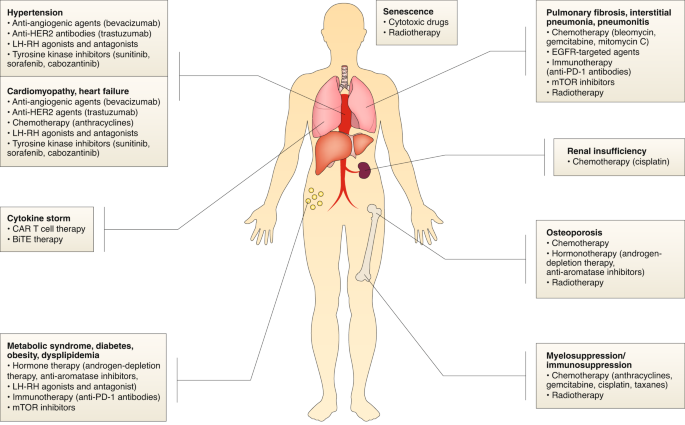
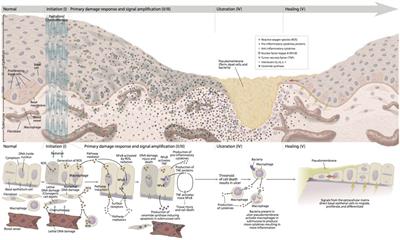


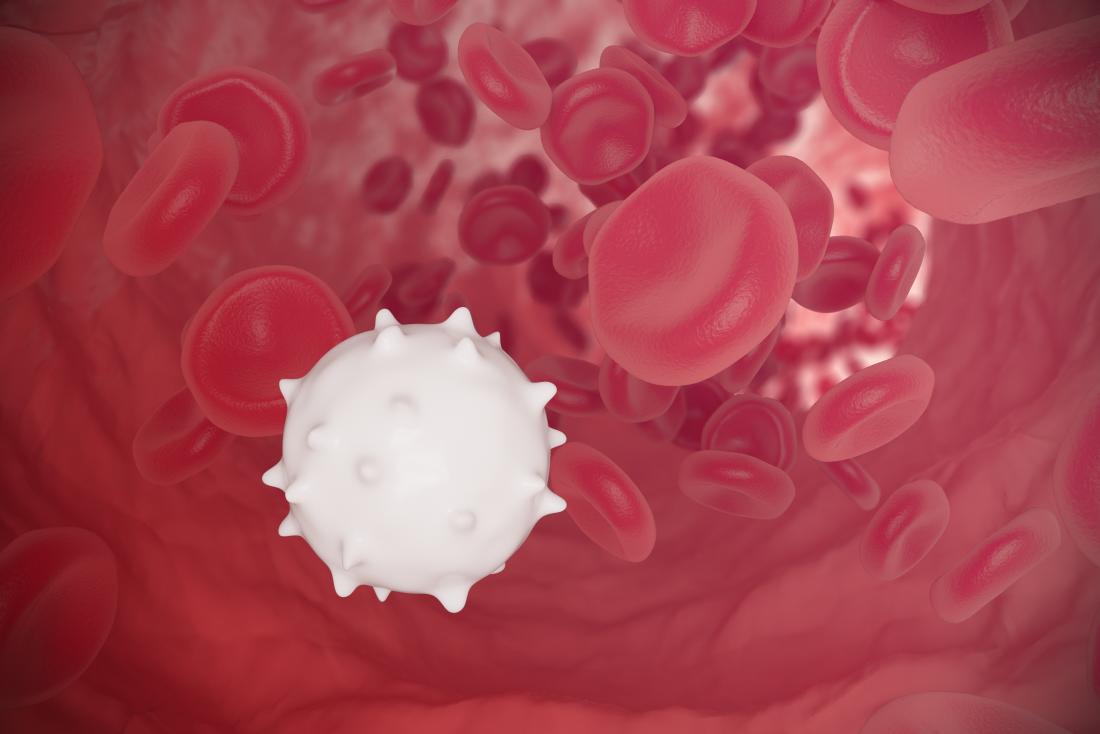
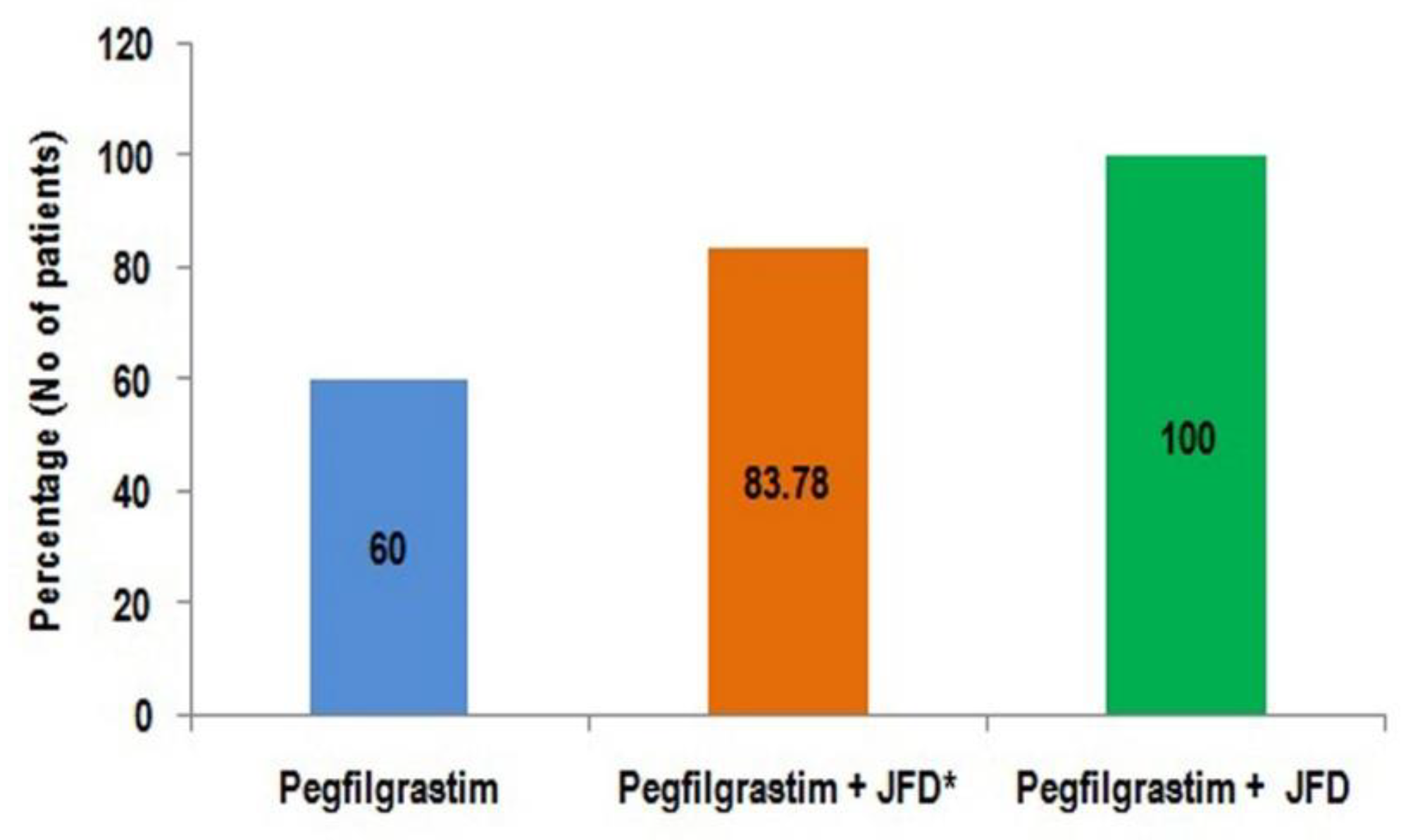



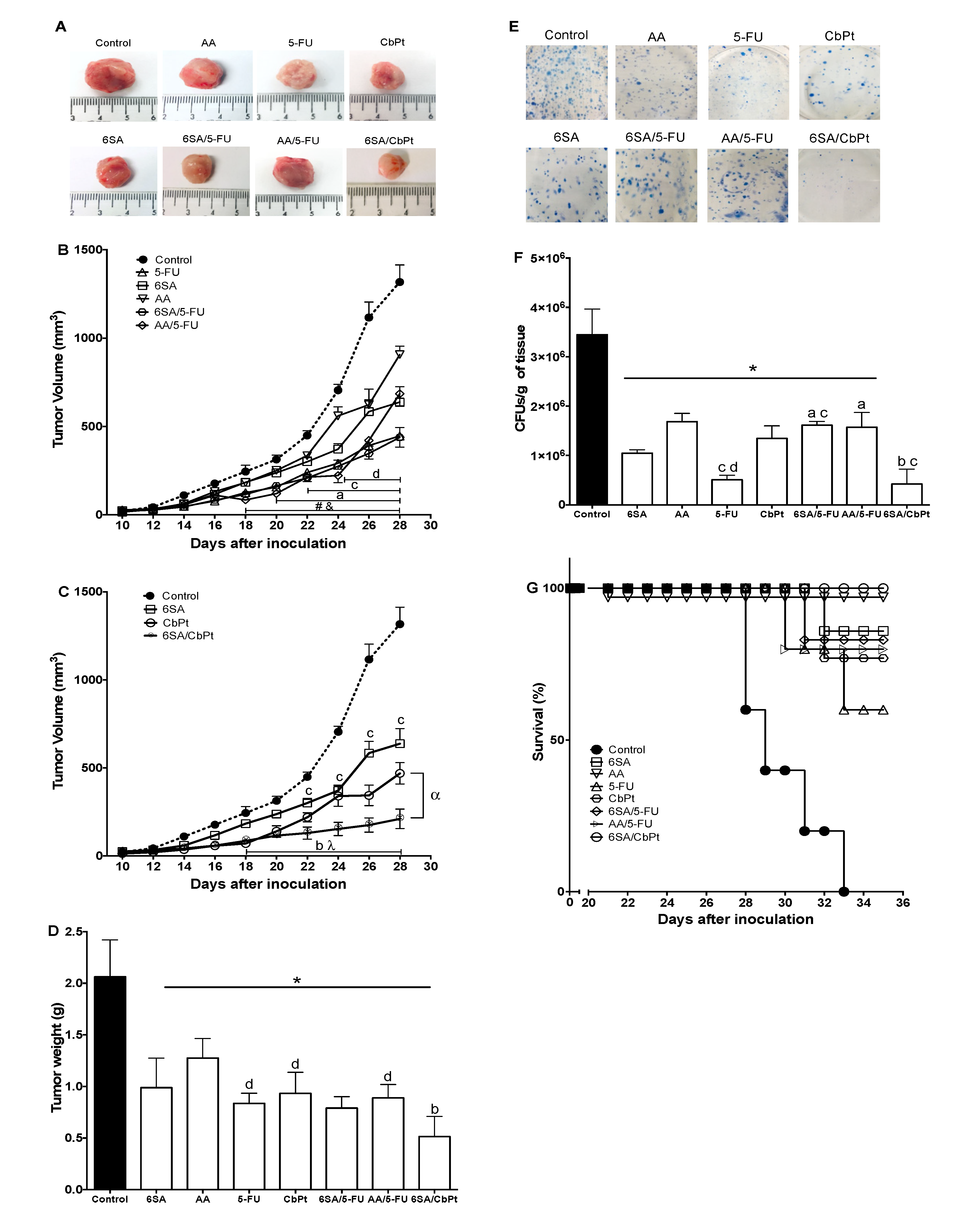



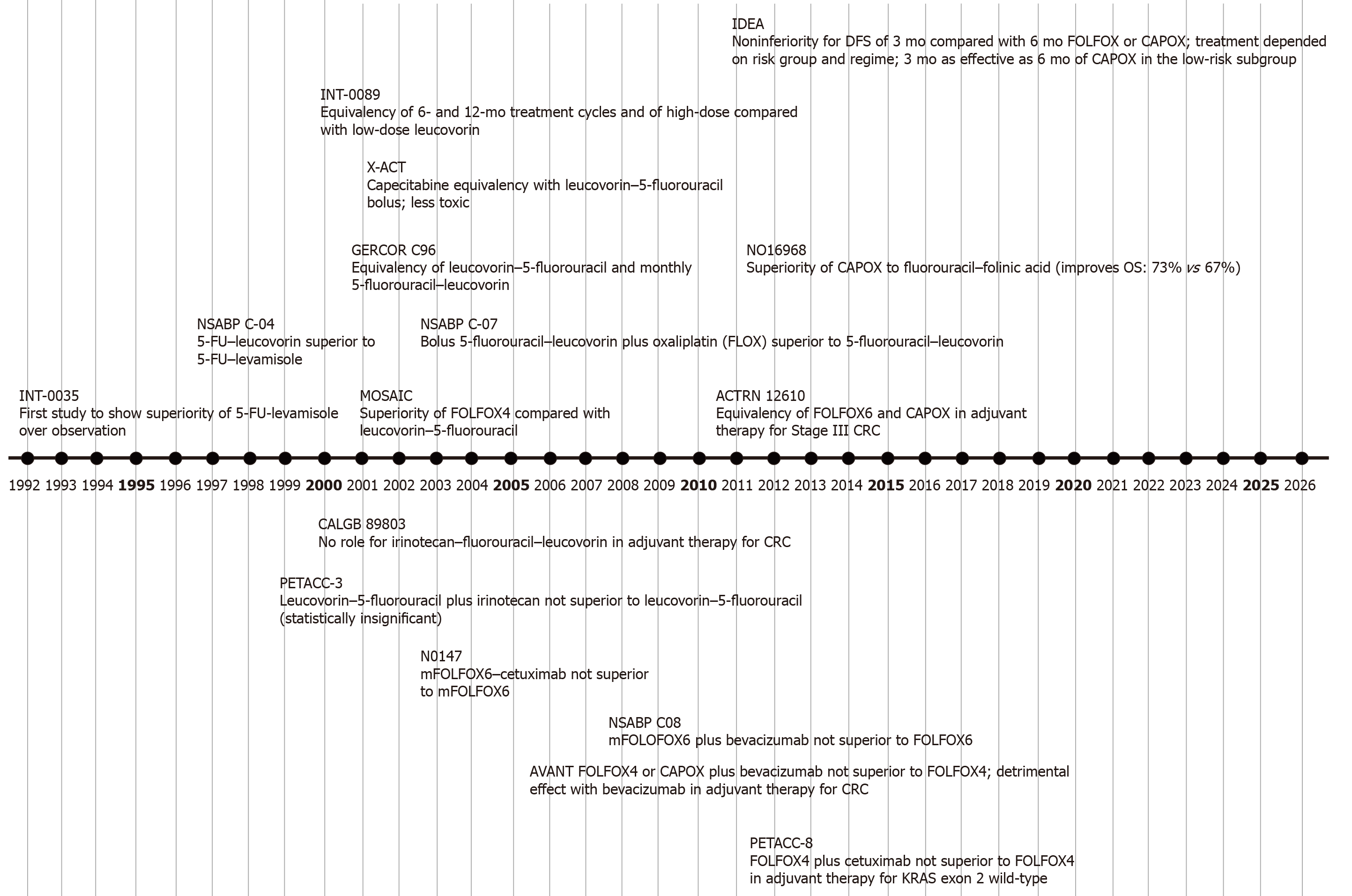






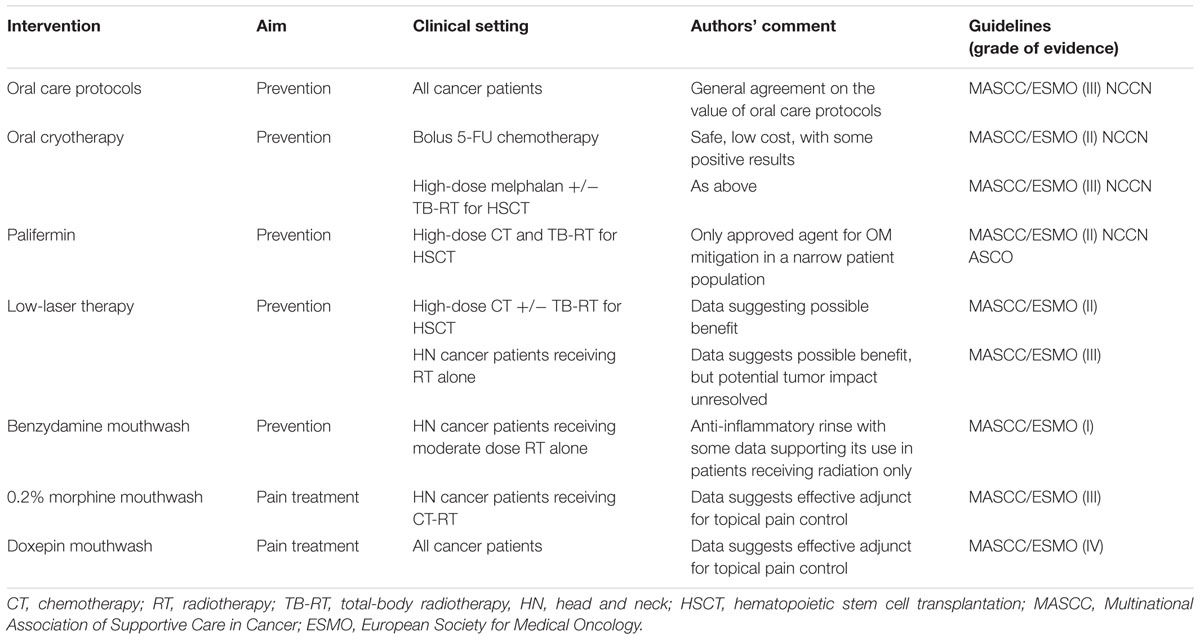
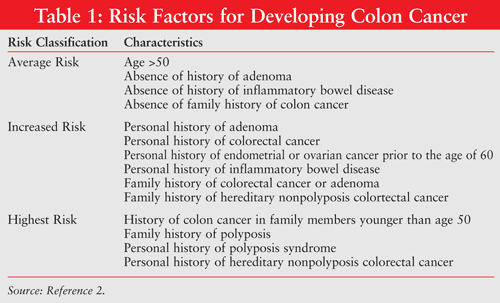
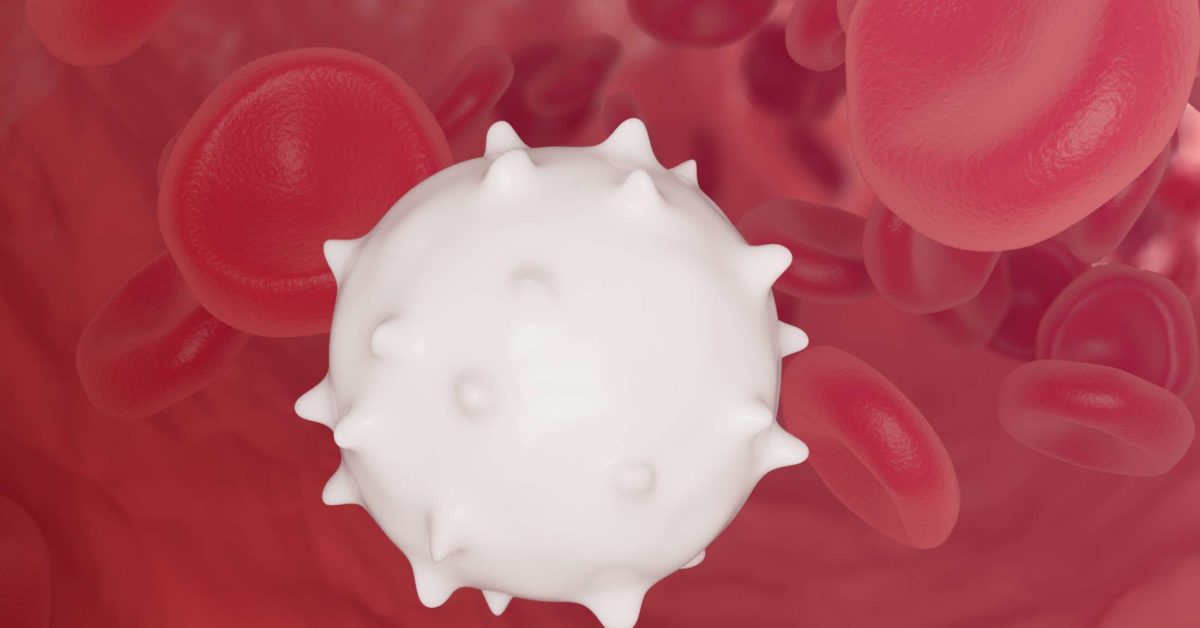
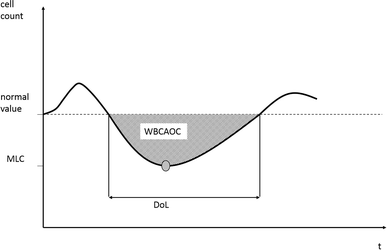
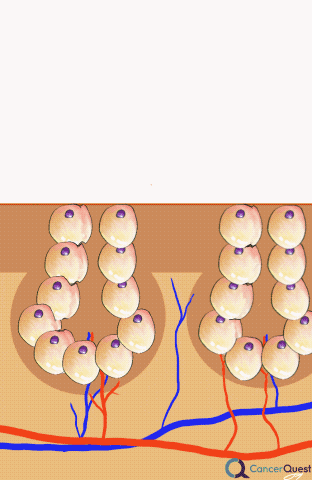
Posting Komentar untuk "Leukopenia From Cancer Or Chemotherapy Treatment Increases An Individual's Risk For"